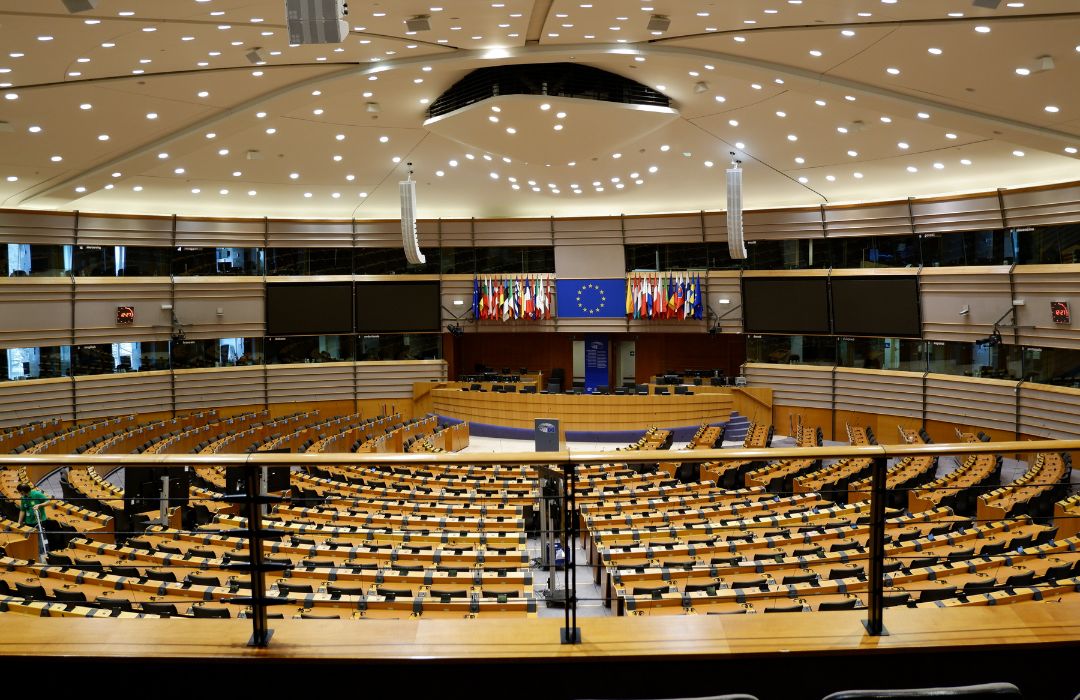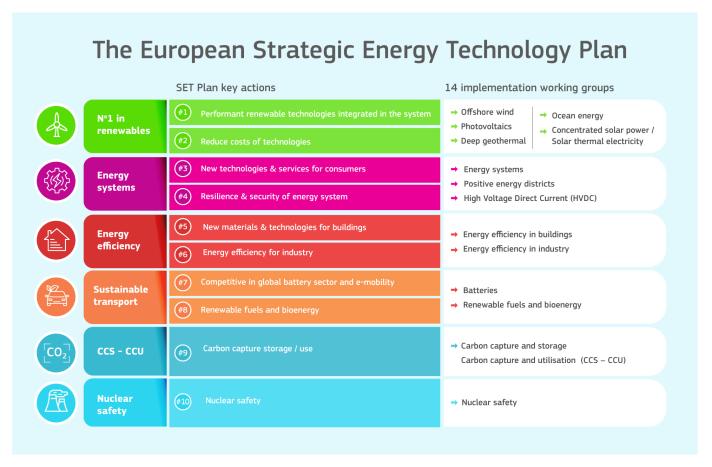The Council welcomes simplification proposals for the Common Agricultural Policy presented to the Belgian presidency by the European Commission over the past few days to reduce administrative burdens on farmers. A first response to the tractor protests, also sprawled out in Brussels during the Agrifish Council, that Member States would like to complement with further medium- to long-term measures, including amendments of the CAP's core regulations.
The European Commission's proposals go in the right direction, explained Belgian Minister David Clarinval outside the Agrifish Council, which gave its political green light to all measures in the document prepared by the European Commission on Monday, calling on the EU executive to quickly finalize them in response to the farmers' protest.
The proposals take into account remarks previously submitted by Member States, the EU's main agricultural bodies, and the European Parliament's Agriculture Committee, and will be integrated following an open consultation planned by the Commission between March and May to directly garner farmers' views.
Brussels' goal is to have a clear picture of the administrative burdens and complexities that most affect the work of agricultural businesses by the summer, and then publish a more detailed analysis of the whole picture in the fall, which will also take into account the ongoing public consultation on the evaluation of the Nitrates Directive, which is already underway until March 8, 2024.
Interventions to support farmers may also involve a reopening of the CAP's basic regulations, said EU Agriculture Commissioner Janusz Wojciechowski at the press conference following the Council, pointing out that some measures will instead have immediate application, such as greater flexibility in the interpretation of the extraordinary circumstances concept, which allows farmers to receive support payments despite the absence of specific requirements under the Common Agricultural Policy.
Francesco Lollobrigida, Italian Minister of Agriculture, also spoke on the need to change the current CAP after an event organized by the farmers' union Coldiretti in Brussels. One of the Italian government's demands is to review GAEC 7 on crop rotation, providing greater flexibility for Member States, with the possibility of adapting commitments to the soil and climate conditions of each territory, as well as subjecting the operation of eco-schemes to evaluation and possible modification.
The upcoming CAP simplification measures
As already stated, the Council was in favor of all the short- and medium-term measures that the Commission proposed for action to address farmers' grievances and in some cases even to simplify the work of the EU agriculture fund managing authorities.
First and foremost, this involves simplifying some cross-compliance requirements that farmers in the EU have to meet to qualify for CAP direct payments, namely the basic standards, known as GAEC (good agricultural and environmental condition), which include GAEC 8, on land resting, for which the Commission has already provided a partial derogation in recent weeks.
This new action would amend the rules for GAEC 1, which binds farmers to maintain stable permanent grassland areas in the EU since the 2018 reference year. The Commission is specifically proposing to amend this requirement, with a delegated act to be adopted in March, in light of the situation of those former farmers with large grasslands who have been forced to switch to seed production due to market disruptions in the dairy and meat sectors and who would have to convert their arable land back to permanent grassland under the current rule, resulting in a loss of income.
The Council also supports the draft proposal to review the farming practices that are possible during sensitive periods in fulfilling the land cover obligation under GAEC 6 to take into account regional characteristics. This revision is expected to be fleshed out by the Commission, with guidelines expected in April.
A positive verdict is also given concerning plans to simplify the quality assessment of the area monitoring system. In this case, the EU Executive's proposal is expected in March and could halve the number of on-farm checks by national administrations.
Also in March, the Commission is expected to come up with an explanatory note to clarify the notion of force majeure, which in exceptional circumstances justifies farmers' failure to comply with CAP requirements and protects them from possible penalties. This clarification would ease the work of national administrations but also increase the certainty of obtaining CAP support for farmers affected by such events as floods and droughts.
Further proposals out on the table include exemption from cross-compliance checks for small farms with less than 10 hectares, along with other changes to the basic CAP regulations that could cover, along with GAEC 6 on land cover, GAEC 7 on crop rotation and GAEC 8 on set-aside land.
Overall, the EU-27 expressed their readiness to proceed with a review of the basic CAP regulations and invited the Special Committee on Agriculture to continue exploring further interventions and proposals with a longer-term approach.
It is not excluded that the confrontation between Member States could also broaden beyond the perimeter of the CAP. According to diplomatic sources reported by the Italian news agency ANSA, other dossiers such as the Nature Restoration Law, for example, could be put on the table. Nevertheless, such interventions may not find a place in this last part of the legislative term, but should be postponed until the next, following the European elections in June.







